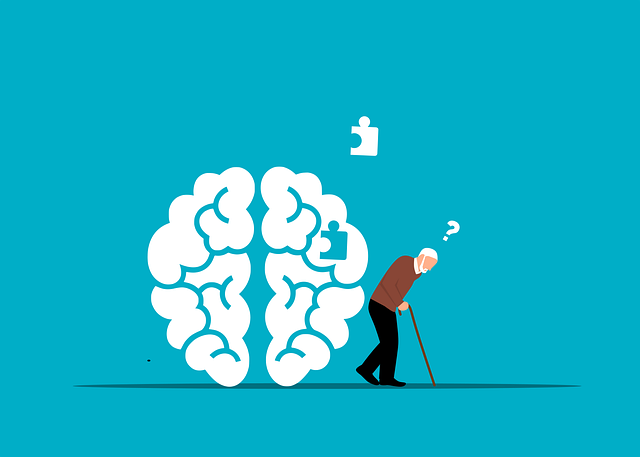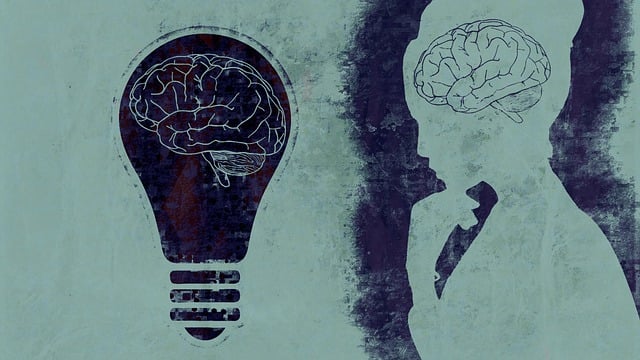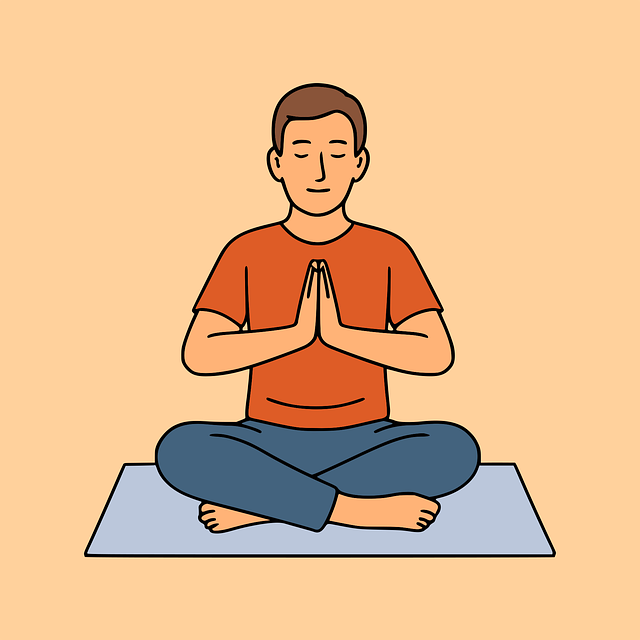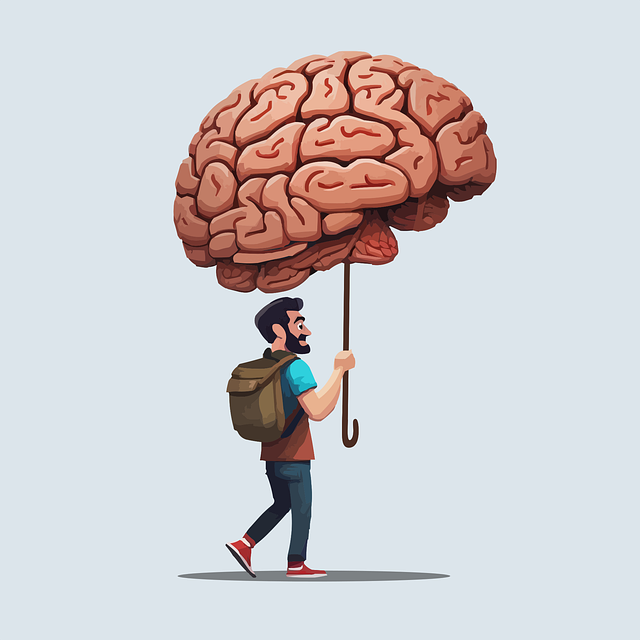Chronic stress, caused by various triggers, harms mental health, increasing risks of anxiety, depression, and physical ailments. Northglenn ADD-ADHD evaluations therapy offers personalized paths to management, utilizing holistic methods like cognitive-behavioral therapy (CBT) and mindfulness meditation practices. These approaches help individuals identify stress triggers, develop healthier coping strategies, and enhance overall well-being through improved stress management techniques.
Stress reduction is a vital component of maintaining optimal mental health, and in today’s fast-paced world, effective strategies are more important than ever. This comprehensive guide explores various methods to combat stress, from understanding its root causes to practical everyday techniques. We delve into the impact of stress on mental well-being, highlighting Northglenn ADD-ADHD evaluations as a path to management for those with specific needs. Additionally, we explore diverse therapy approaches and offer actionable strategies for daily stress reduction.
- Understanding Stress and Its Impact on Mental Health
- Northglenn ADD-ADHD Evaluations: Unlocking the Path to Management
- Various Therapy Approaches for Effective Stress Reduction
- Practical Strategies for Daily Stress Management
Understanding Stress and Its Impact on Mental Health

Stress is a natural response to various demands and pressures in life, but when it becomes chronic, it can significantly impact mental health. Understanding stress involves recognizing its triggers—be they work-related, financial, or emotional—and how the mind and body react. In many cases, individuals struggling with persistent stress may benefit from professional help, such as Northglenn ADD-ADHD evaluations and therapy, to uncover underlying issues and develop effective coping strategies.
This constant state of stress can lead to a range of mental health concerns, including anxiety, depression, and even cognitive impairments. It can also contribute to physical ailments like insomnia, headaches, and weakened immune systems. Building resilience through self-esteem improvement techniques and stress management practices is vital for maintaining overall well-being. By learning to identify and manage stressors, individuals can enhance their ability to cope, promote positive mental health, and cultivate a more balanced and fulfilling life.
Northglenn ADD-ADHD Evaluations: Unlocking the Path to Management

In Northglenn, ADD-ADHD evaluations play a pivotal role in unlocking personalized paths to effective management. These comprehensive assessments, conducted by qualified mental health professionals, delve into the nuances of Attention Deficit Hyperactivity Disorder, going beyond simple diagnosis to identify unique strengths and challenges. By integrating insights from these evaluations, individuals can access tailored therapy programs designed to enhance focus, improve impulse control, and boost overall mental wellness.
Beyond traditional therapy, Northglenn offers innovative Mental Wellness Coaching Programs that foster self-awareness and coping strategies. These development opportunities, combined with risk assessments for mental health professionals, ensure a holistic approach where mindfulness meditation practices may be incorporated to further reduce stress and anxiety. Such integrated solutions empower individuals to navigate life’s challenges more effectively, leading to improved quality of life.
Various Therapy Approaches for Effective Stress Reduction

In the pursuit of effective stress reduction, various therapy approaches have proven instrumental in helping individuals navigate and overcome challenging emotional states. Northglenn ADD-ADHD Evaluations Therapy, for instance, specializes in identifying and addressing underlying causes of stress, anxiety, and other mental health issues that can contribute to heightened stress levels. This holistic approach integrates Mind Over Matter principles, focusing on shifting one’s perspective and cultivating resilience in the face of adversity.
Emotional healing processes are central to these therapeutic methods. Therapists utilize techniques such as cognitive-behavioral therapy (CBT) to help clients challenge negative thought patterns and develop healthier coping mechanisms. By fostering a deeper understanding of stress triggers and emotional responses, these therapies enable individuals to manage stress more effectively. Through tailored interventions, Northglenn ADD-ADHD Evaluations Therapy aims to empower clients with the tools necessary for long-term stress reduction, enhancing their overall well-being.
Practical Strategies for Daily Stress Management

Incorporating practical strategies into your daily routine is key to effectively managing stress and promoting mental wellness. Simple techniques such as mindfulness meditation, deep breathing exercises, and regular physical activity can significantly reduce stress levels and enhance emotional regulation. Taking time each day to engage in these practices, even for a few minutes, allows one to cultivate inner calm and resilience, making it easier to navigate life’s challenges.
Additionally, seeking professional support from therapists specializing in Northglenn ADD-ADHD evaluations and therapy can be invaluable. These experts offer tailored strategies, such as cognitive-behavioral therapy (CBT), designed to help individuals develop coping mechanisms and improve their overall mental health. With the right tools and guidance, managing stress becomes a manageable aspect of daily life, fostering a sense of balance and cultural sensitivity in mental healthcare practice.
Stress is a ubiquitous part of life, but managing it effectively can significantly improve mental health. By understanding its impact and exploring various stress reduction methods, individuals can lead more balanced and fulfilling lives. Northglenn ADD-ADHD evaluations play a crucial role in unlocking personalized paths to management, while therapy approaches like cognitive behavioral therapy (CBT) and mindfulness practices offer powerful tools for coping. Incorporating practical strategies into daily routines further enhances stress resilience. With the right combination of professional guidance and personal effort, anyone can master stress reduction and thrive.










